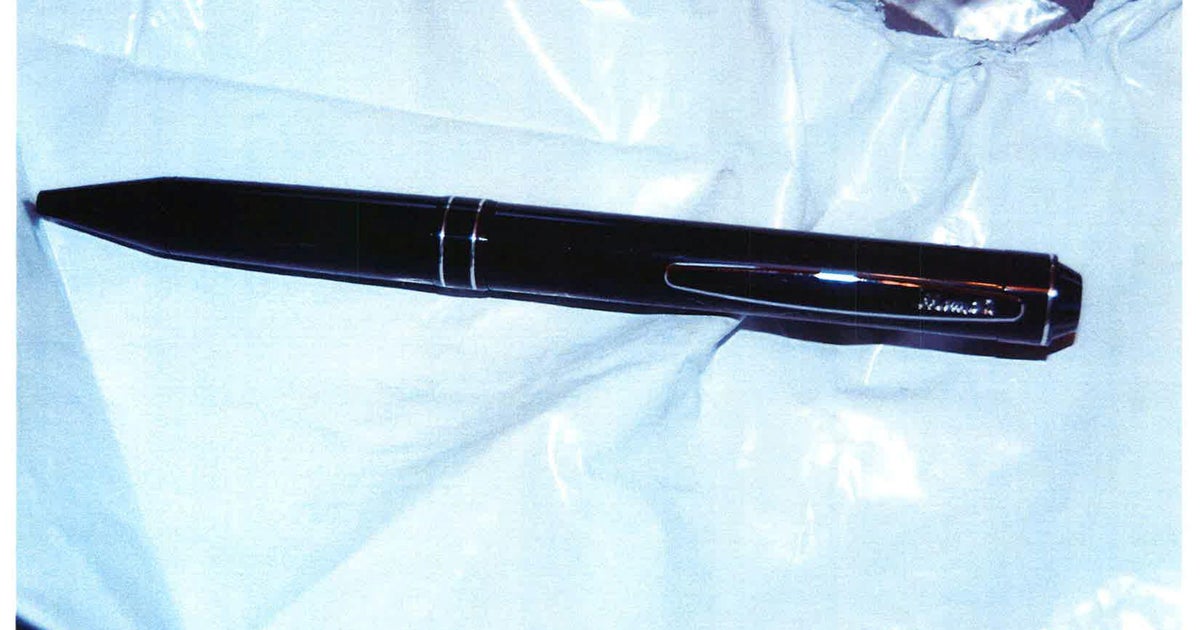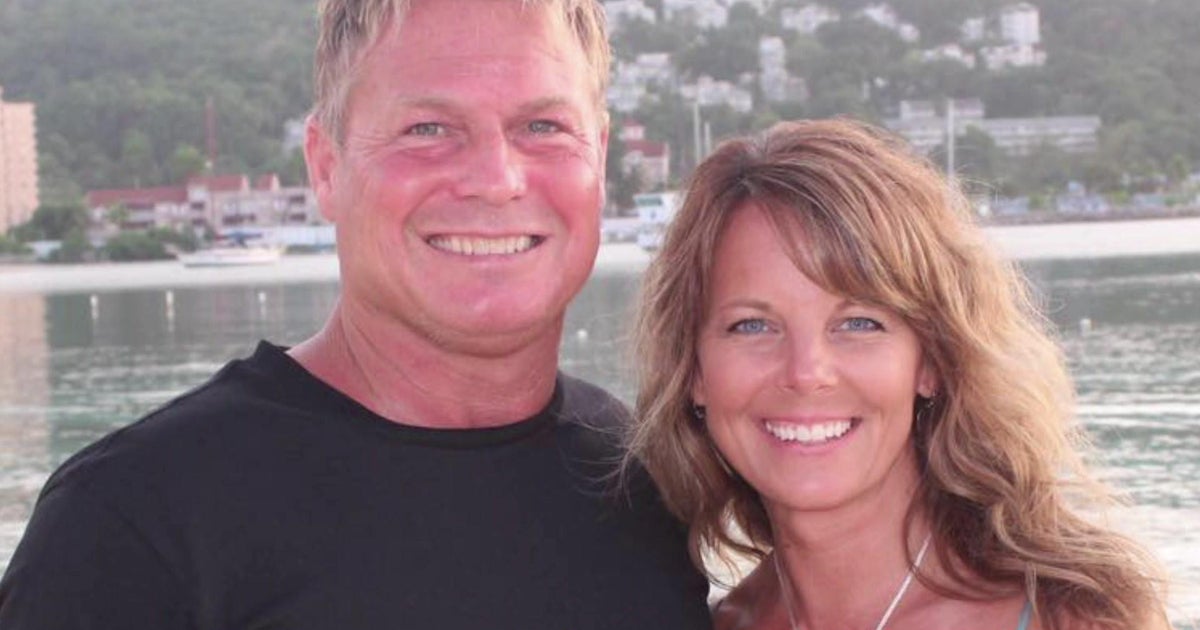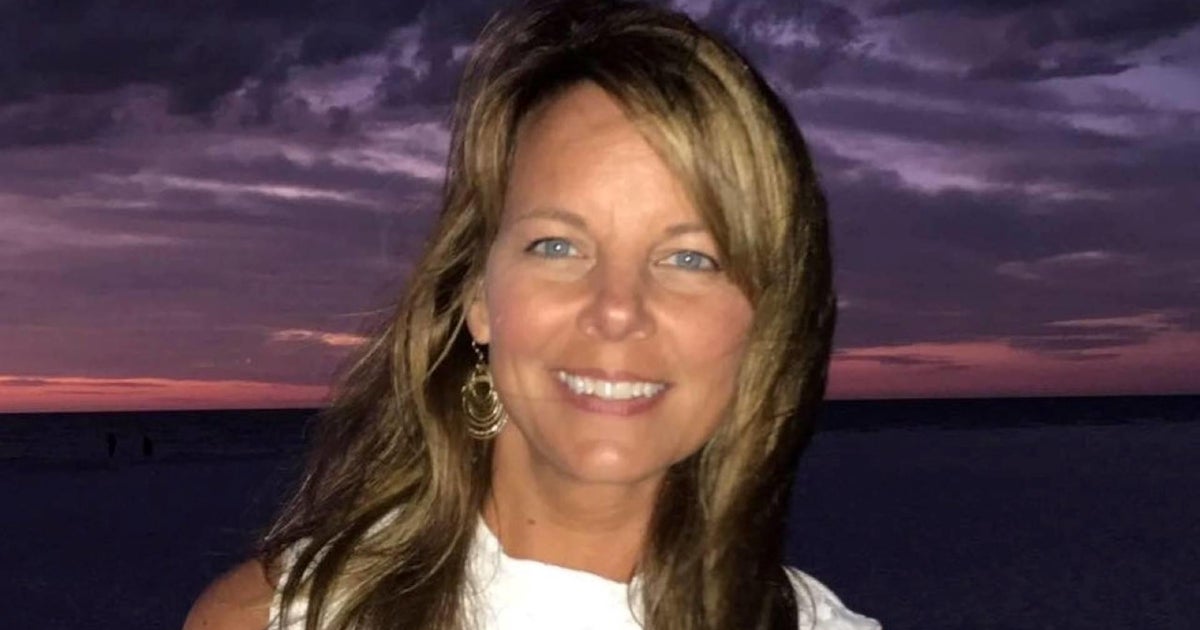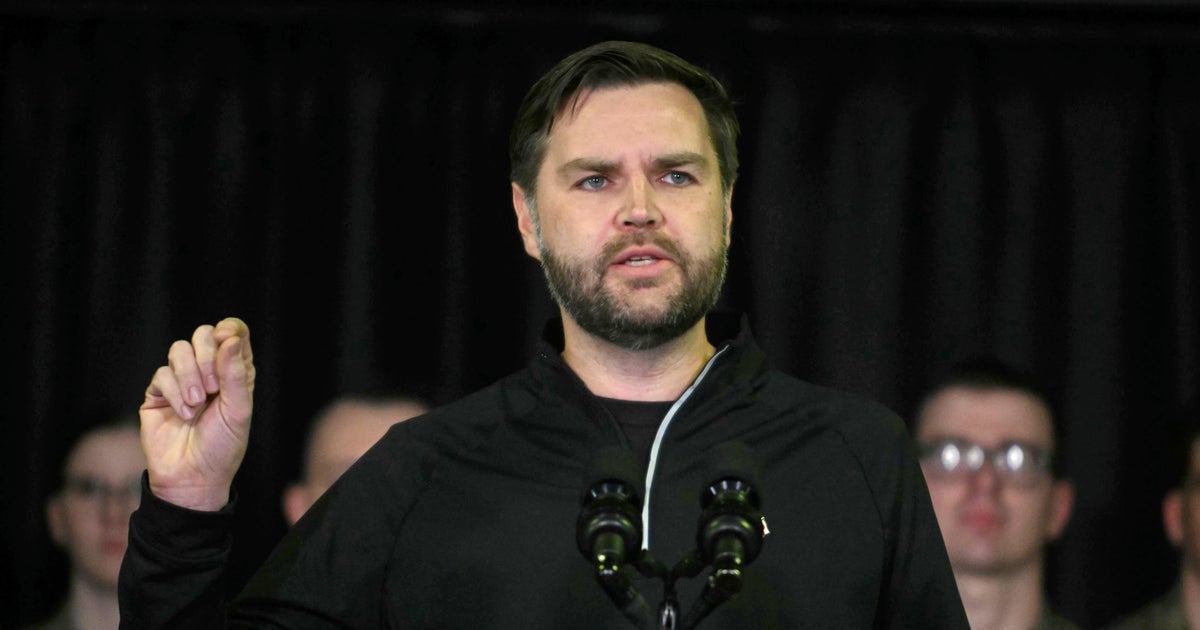President Trump suggested Friday he may try to fire Federal Reserve Chair Jerome Powell, calling the central bank leader a "Total and Complete Moron" for leaving interest rates steady.
The president has been lashing out against Powell for months, criticizing the central banker — whom Mr. Trump appointed in his first term — for not lowering interest rates at a faster pace. It's unclear whether the president is legally allowed to fire Powell before his term ends in May 2026, and Mr. Trump said in April he has "no intention" of doing so.
But in a post criticizing Powell on Friday, Mr. Trump floated the idea, writing: "Maybe, just maybe, I'll have to change my mind about firing him?"
"But regardless, his Term ends shortly!" the president added.
Any attempt to fire Powell would be legally contentious. Federal law and prior court precedent says members of the Federal Reserve's Board of Governors, including the chair, can only be fired "for cause." The Supreme Court ruled last month that the Trump administration can fire members of other independent federal agencies — but specifically exempted the Fed, calling the central bank a "uniquely structured, quasi-private entity."
Powell said last year he will not resign if Mr. Trump asks him to step down. The two met at the White House last month.
Mr. Trump also called Powell a "dumb guy" in his Friday evening post.
"I fully understand that my strong criticism of him makes it more difficult for him to do what he should be doing, lowering Rates, but I've tried it all different ways," Mr. Trump wrote on Truth Social. "I've been nice, I've been neutral, and I've been nasty, and nice and neutral didn't work! He's a dumb guy, and an obvious Trump Hater, who should have never been there."
The Fed declined to comment to CBS News.
Mr. Trump's issues with Powell hinge on the Federal Reserve's interest rate policies. The central bank's interest rate-setting committee, which is chaired by Powell, has kept its benchmark rate steady so far this year, after lowering it slightly from a two-decade high last year — following a series of rate hikes in 2022 and 2023 to quell inflation.
Most recently, the committee opted against lowering rates earlier this week, drawing backlash from Mr. Trump.
The decision comes with tradeoffs. High interest rates can slow down economic growth and make it more expensive for Americans to borrow money, which is why Mr. Trump wants cuts. But lowering interest rates too quickly could overheat the economy and cause inflation to spike yet again. While inflation has cooled off in recent years, it's still higher than the Fed's 2% annual target, and the Fed warns Mr. Trump's tariffs could push prices up.
"Because the economy is still solid, we can take the time to actually see what's going to happen," Powell said earlier this week.
Mr. Trump disagrees, nicknaming Powell "Mr. Too Late" and arguing that inflation is already low.
On Friday, the president amped up his criticism, calling Powell a "numbskull" and suggesting the other members of the rate-setting Federal Open Monetary Committee "override" him. Mr. Trump also said Powell should lower interest rates immediately and just hike them again if inflation spikes — an idea that's at odds with the Fed's cautious strategy.
"Don't say that you think there will be Inflation sometime in the future, because there isn't now but, if there is, raise the Rates!" wrote Mr. Trump.
The attacks are a redux of Mr. Trump's first-term criticism. The president pushed back against Powell after the Fed hiked interest rates in 2018, but called Powell his "most improved player" for slashing rates during the 2020 pandemic.
Joe Walsh





